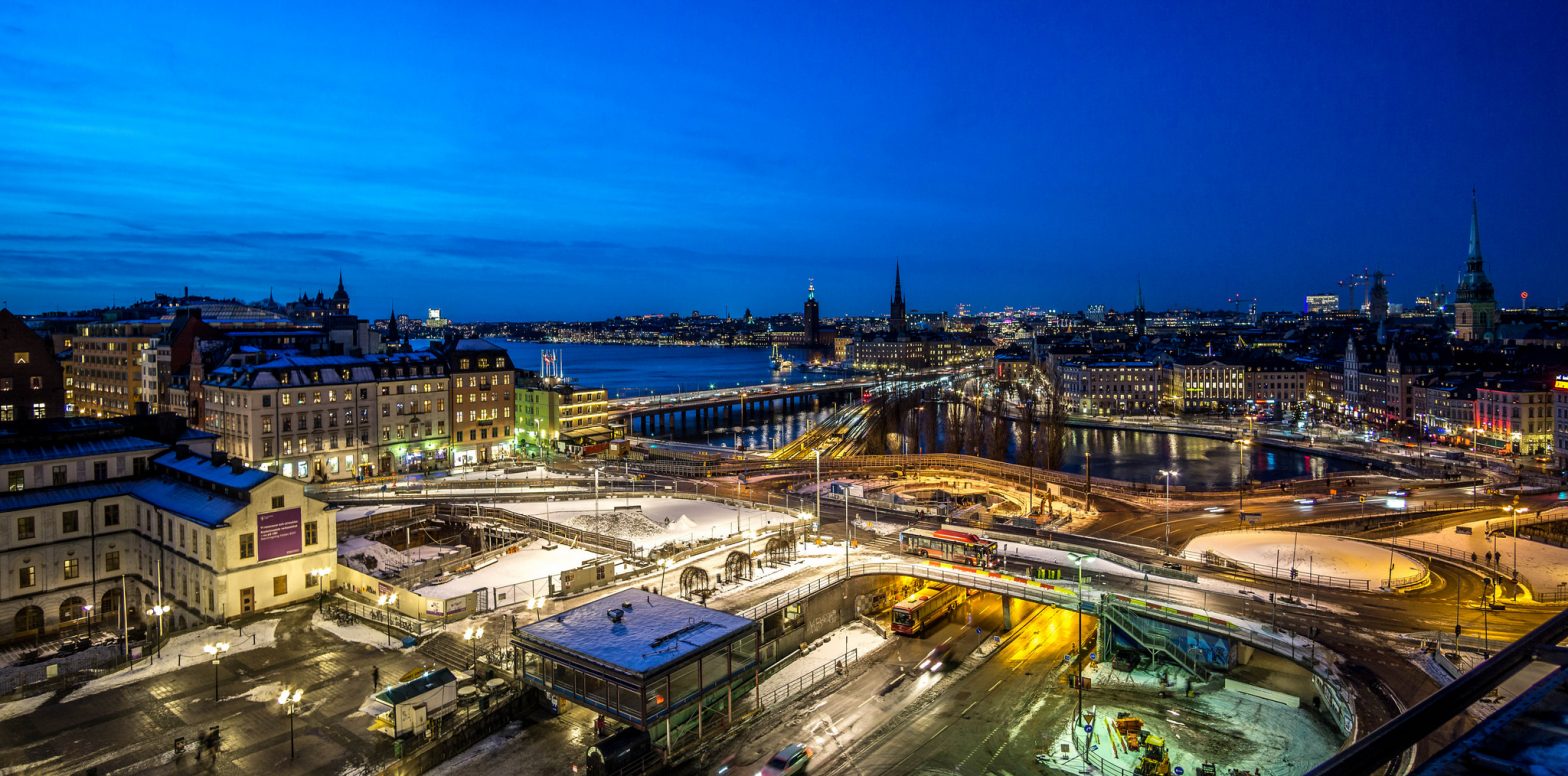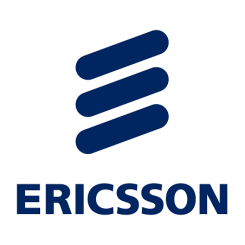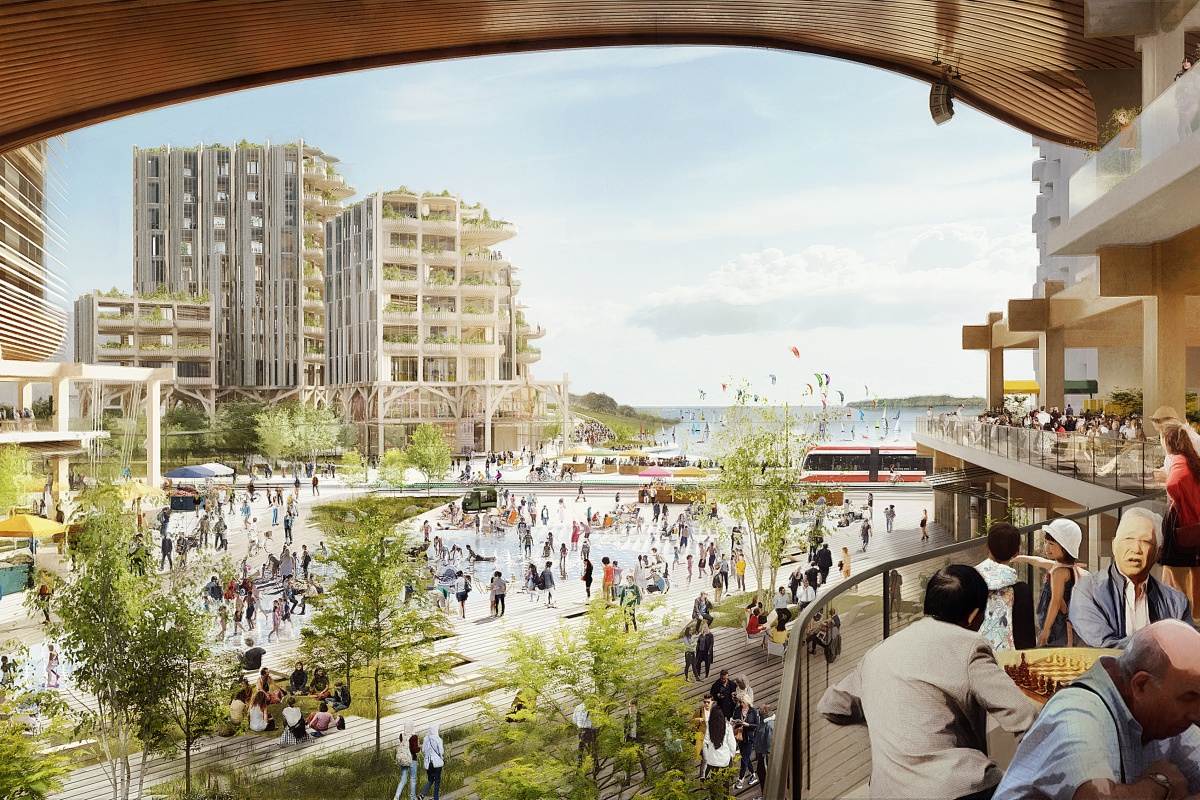
Photo: 23924608499_2477ad8c95_k
Stockholm tops Ericsson’s city index
21 June 2016
Ericsson has named Stockholm as the top-ranking city in the Networked Society City Index 2016, followed by London, Copenhagen, Singapore and Paris.
The index measures the performance of 41 cities from around the world from two perspectives: sustainable urban development and ICT maturity.
Stockholm is ranked number one in the sustainable urban development part of the index, closely followed by Copenhagen, Helsinki and Paris. London ranks top in the ICT part of the index, replacing Stockholm, which now ranks second before Singapore on third place.
Cities that have noticeably moved up the Networked Society City Index 2016 ranking, compared with the 2014 index, include Barcelona, Istanbul and Jakarta. However, Hong Kong, Moscow and Dubai dropped in the ranking. In general, cities with low ICT maturity tend to mature faster than cities with higher ICT maturity, which indicates the presence of a catch-up effect.
“Many smart city initiatives to date have mainly used ICT to optimise existing systems and behaviours, for example, intelligent transport,” says Erik Kruse, Head of Ericsson Networked Society Lab. “Instead, cities need to rethink existing structures to fully grasp the potential of ICT to make sure that ‘smart’ is in fact sustainable. The future Networked Society city is characterised by resiliency, collaboration, participation and mobility, which are essential for ensuring our cities are attractive, sustainable and vibrant places.”
Other highlights from the Networked Society City Index 2016 include:
-
There is a positive correlation between social and economic development and increasing ICT maturity.
-
ICT is not only critical to socioeconomic progress, but can help decouple this progress from an increased environmental footprint in favour of more sustainable development.
-
Smart city planning will be critical to achieving several of the SDGs including the advancement of climate action, poverty reduction, better health and education, as well as improved social and financial inclusion.
-
A number of actions are essential for cities to go beyond smart cities of today and become more sustainable: including ICT as a basic infrastructure in the investment plans; creation of enabling regulatory environments that encourage the adoption of ICT; holistic approaches to integrating ICT across various sector planning, such as transport, energy and public safety; and collaboration between cities.













